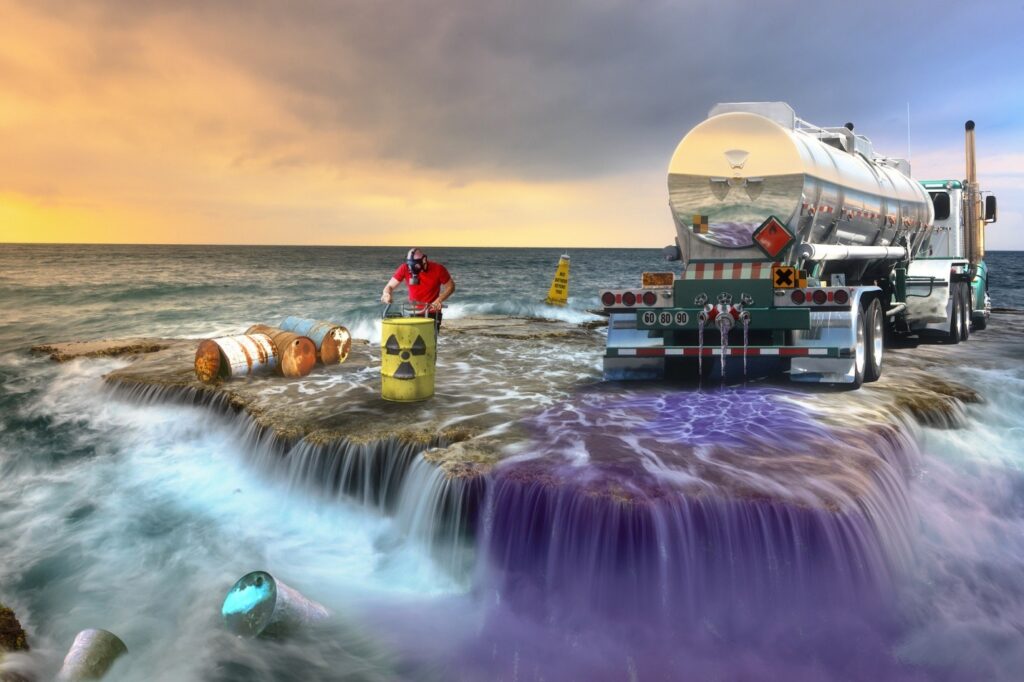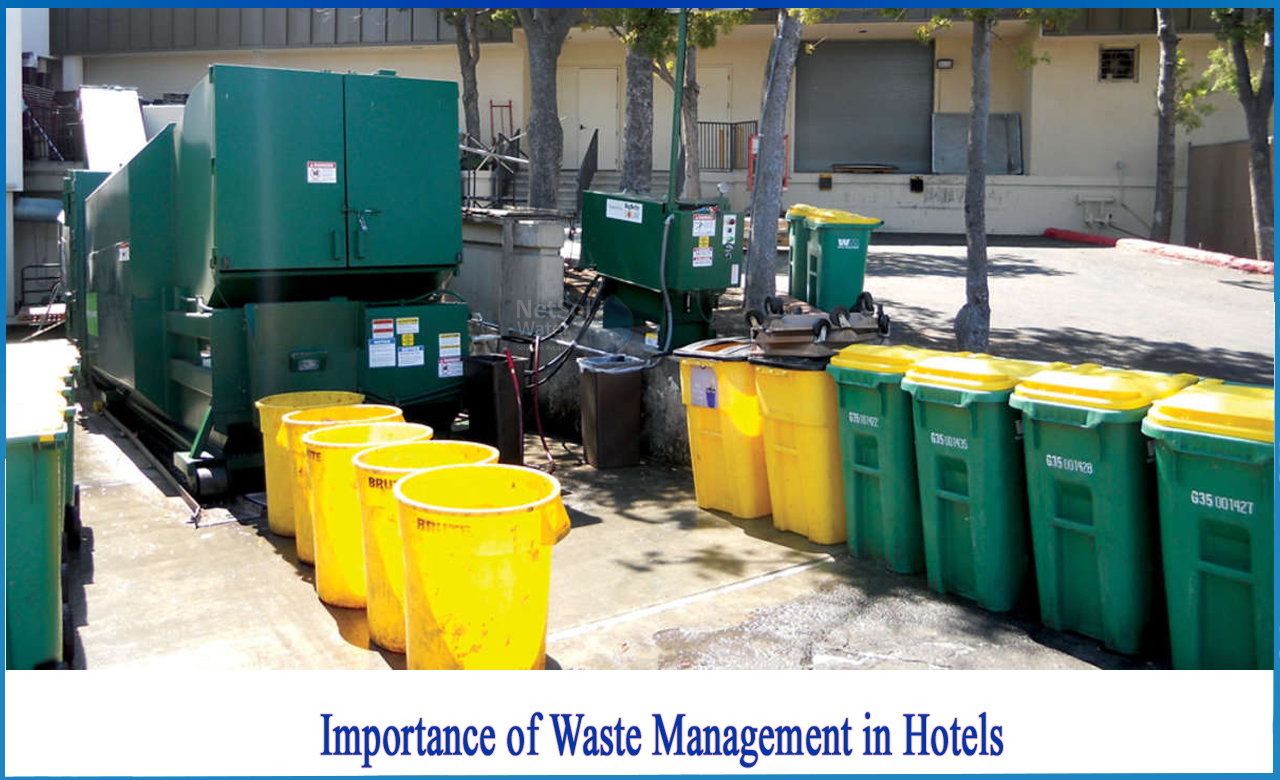The Definitive Guide to Reclaim Waste
Table of ContentsReclaim Waste - An OverviewThe 7-Minute Rule for Reclaim WasteReclaim Waste Things To Know Before You Get ThisSome Known Details About Reclaim Waste More About Reclaim Waste
Check out the kinds, occurrences, and forms of liquid waste. Residential sewage waste refers to the waste and items from a property sewage-disposal tank. This kind of waste is produced by humans in homes, institutions, and various other buildings. This only includes sewage-disposal tanks that have a drainpipe area. The correct administration and disposal of domestic sewer waste require fluid waste to be transferred to a sewer therapy plant where the proper approaches and equipment are put on purify and get rid of waste.
Commercial waste commonly includes prospective hazards, such as flammable products or a mixture of fluid and strong waste products, and calls for an advanced and thorough disposal process. The disposal of industrial waste typically involves the filtration of waste before transportation to make certain risk-free and correct disposal. Hazardous waste is created from by-products and overflow of commercial processes and production.
This kind of waste can not make use of the same sewage management transportation or procedures as septic or industrial liquids. The hazardous waste management process needs the inspection and testing of liquid waste prior to it undergoes the disposal process (liquid waste disposal). Overflow waste is the fluid waste that comes from overflow and excess stormwater in extremely inhabited areas or cities
Overflow waste can trigger contamination and flooding if not handled correctly. Find out more concerning sewage system cleansing and waste administration. Making certain correct waste monitoring can prevent disasters and reduce ecological harm. Both people in household setups and experts in industrial or production industries can profit from recognizing the processes and laws of fluid waste administration.
The Basic Principles Of Reclaim Waste
Get in touch with PROS Solutions today to discover our waste management and disposal solutions and the proper means to take care of the fluid waste you create.
(https://moz.com/community/q/user/reclaimwaste1)Do you know what takes place to your water when you pull the plug, purge the bathroom or drain pipes the washing equipment? No? Well, it's worth recognizing. This supposed 'wastewater' is not just an important source but, after treatment, will certainly be launched to our land, rivers or the ocean. Used water from bathrooms, showers, bathrooms, cooking area sinks, laundries and commercial procedures is understood as wastewater.

water made use of to cool down machinery or clean plant and devices). Stormwater, a form of wastewater, is runoff that moves from agricultural and metropolitan locations such as roofings, parks, yards, roads, paths and rain gutters into stormwater drains pipes, after rain. Stormwater moves unattended directly to neighborhood creeks or rivers, at some point reaching the ocean.
The Ultimate Guide To Reclaim Waste
In Queensland, a lot of wastewater is dealt with at sewer therapy plants. Wastewater is transferred from domestic or industrial websites through a system of drains and pump terminals, called sewerage reticulation, to a sewage treatment plant. Local governments develop, preserve and operate most sewage treatment plants. Operators are licensed under the Environmental Protection Act 1994 to discharge treated wastewater at an acceptable environmental criterion into rivers.
The Division of Natural Resources encourages neighborhood federal governments about managing, operating and preserving sewerage systems and treatment plants. In unsewered locations, city governments may require owners to install individual or family sewer therapy systems to treat residential wastewater from commodes, cooking areas, washrooms and laundries. The Department of Natural Resources authorizes using family systems when they are shown to be effective.
Most stormwater obtains no therapy. In some brand-new neighborhoods, therapy of some stormwater to eliminate trash, sand and gravel has actually started making use of gross contaminant catches. Wastewater treatment occurs in 4 stages: Gets rid of strong matter. Larger solids, such as plastics and various other things wrongly discharged to sewage systems, are eliminated when wastewater is travelled through screens.
Uses small living organisms understands as Source micro-organisms to damage down and get rid of staying dissolved wastes and great particles. Micro-organisms and wastes are incorporated in the sludge.
The Reclaim Waste Diaries
Nutrient elimination is not readily available at all sewer therapy plants since it needs pricey specialist tools. It is coming to be a lot more usual in Queensland. Clear liquid effluent created after therapy might still have disease-causing micro-organisms. If this effluent is released right into rivers such as rivers or the sea, the micro-organisms will eventually die out.

Most wastewater flows right into the sewage system. Under the Act, regional federal governments carry out authorizations and licences for ecologically relevant tasks (Ages) involving wastewater launches that might have a neighborhood effect.
The Facts About Reclaim Waste Revealed
Otherwise, samples are considered laboratory evaluation. Usually lots of tests are needed to develop the degrees of each of the various toxins such as oils, heavy metals and pesticides in water. Monitoring supplies valid details about water quality and can verify that permit conditions are being satisfied. The details gotten via monitoring gives the basis for making water quality decisions.